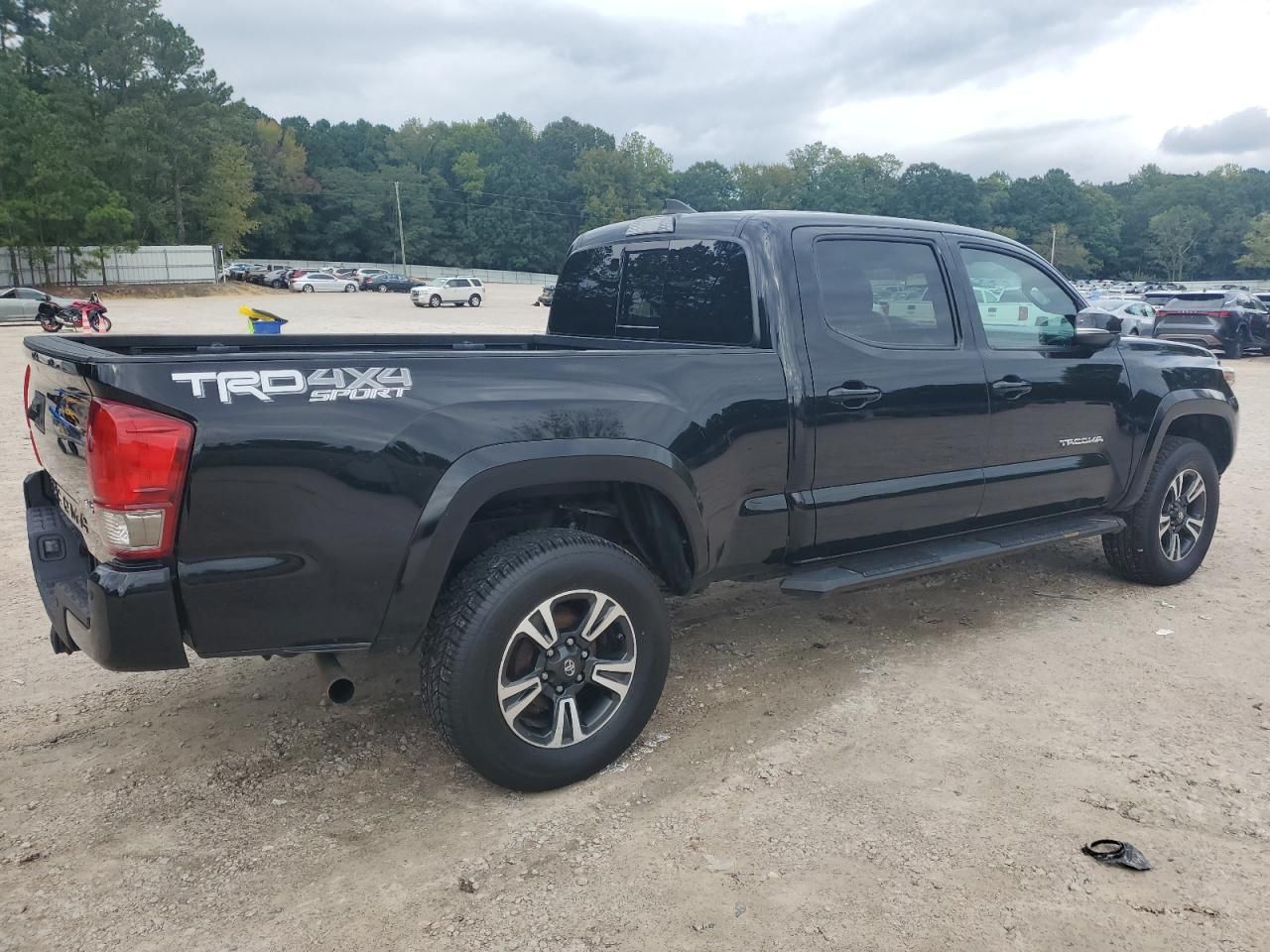Buying a salvage vehicle can be an appealing option for budget-conscious buyers looking for a great deal on a car, truck, or motorcycle. Salvage vehicles are often sold at significantly lower prices than their roadworthy counterparts, making them attractive to a variety of buyers, from DIY enthusiasts to those looking for a reliable daily driver. In this blog, we’ll explore what purchase salvage vehicles are, the benefits and challenges of purchasing one, tips for buying, and where to find them.

What is a Salvage Vehicle?
A salvage vehicle is one that has been damaged or declared a total loss by an insurance company. This designation can occur due to various reasons, including:
- Accidents: Vehicles that have been involved in significant accidents may be deemed salvage if the cost of repairs exceeds the vehicle’s value.
- Theft Recovery: If a stolen vehicle is recovered after being reported as a total loss, it may also receive a salvage title.
- Natural Disasters: Vehicles damaged by floods, hail, or other natural disasters can be classified as salvage.
Once a vehicle is declared salvage, it can be sold at auctions or through private sellers. Buyers can often find vehicles at a fraction of their market value, but it’s essential to understand the risks involved.
Benefits of Purchasing Salvage Vehicles
1. Cost Savings
One of the most significant advantages of buying a salvage vehicle is the potential for substantial cost savings. Salvage vehicles are often priced significantly lower than their retail counterparts, allowing buyers to purchase a vehicle they may not have been able to afford otherwise.
2. Opportunities for Restoration
For those with mechanical skills or a passion for DIY projects, purchasing a salvage vehicle can be an exciting opportunity. Restoring a vehicle can be rewarding, both emotionally and financially. Many buyers find satisfaction in bringing a damaged vehicle back to life.
3. Unique Finds
The salvage vehicle market often contains unique or rare vehicles that are no longer available through traditional dealerships. This can be an opportunity for collectors or enthusiasts to find a specific model that may be hard to come by.
4. Lower Insurance Premiums
In some cases, insurance premiums for salvage vehicles may be lower compared to their roadworthy counterparts. This can lead to additional savings, although it’s essential to confirm coverage options with your insurance provider.

Challenges of Purchasing Salvage Vehicles
1. Hidden Damage
One of the most significant risks of buying a salvage vehicle is hidden damage. While a vehicle may look fine on the surface, underlying issues may exist that could lead to costly repairs. Thorough inspections are essential before making a purchase.
2. Complicated Title Process
When purchasing a salvage vehicle, the title may be marked as “salvage,” which can complicate the registration process. Buyers may need to undergo additional inspections and paperwork to have the vehicle re-registered as roadworthy.
3. Limited Financing Options
Many banks and financial institutions are hesitant to provide loans for salvage vehicles. This can limit your financing options and may require you to pay in cash or secure alternative funding.
4. Difficulty in Resale
When it comes time to sell, you may find that potential buyers are wary of salvage titles. Reselling a salvage vehicle can be more challenging, and you may not recoup your initial investment.
Tips for Buying Salvage Vehicles
1. Research Thoroughly
Before you start shopping, conduct thorough research on the make and model you’re interested in. Understand the common issues, market values, and potential repair costs associated with the vehicle. This knowledge will empower you during the buying process.
2. Obtain a Vehicle History Report
Always obtain a vehicle history report using services like Carfax or AutoCheck. These reports provide essential information about the vehicle’s past, including accident history, title changes, and previous owners. This insight can help you make an informed decision.
3. Inspect the Vehicle
Never purchase a salvage vehicle without a thorough inspection. If you’re not mechanically inclined, consider hiring a qualified mechanic to evaluate the vehicle. Look for signs of structural damage, rust, and potential repair needs. Pay close attention to:
- Frame Damage: Check for bends, twists, or any signs of repair.
- Water Damage: Look for signs of flooding, such as rusted components or water stains.
- Mechanical Issues: Test the engine, transmission, brakes, and electrical systems.
4. Know the Laws and Regulations
Familiarize yourself with the laws regarding salvage vehicles in your state. Requirements for registering a salvage vehicle vary by state, and understanding the regulations can save you time and frustration.
5. Set a Budget
Establish a budget before you start shopping. Factor in not just the purchase price, but also the costs of repairs, parts, and any necessary inspections. Having a clear budget will help you avoid overspending and make smarter purchasing decisions.

6. Consider Future Costs
When buying a salvage vehicle, consider the potential long-term costs of ownership. Factor in insurance, maintenance, and potential repairs. This will give you a clearer picture of the total investment.
Where to Find Salvage Vehicles
1. Online Auctions
Online auction sites like Copart and IAAI specialize in salvage vehicles. These platforms allow you to bid on vehicles from the comfort of your home. Be sure to read the auction terms carefully and understand the bidding process.
2. Local Salvage Yards
Visiting local salvage yards can yield great finds. Many salvage yards sell vehicles at competitive prices, and you may have the opportunity to inspect them in person. Additionally, salvage yards often have a variety of parts available for future repairs.
3. Government Auctions
Government agencies often sell vehicles that have been seized or are no longer in service. These auctions can offer excellent deals on salvage vehicles, including cars, trucks, and vans.
4. Classified Ads
Websites like Craigslist and Facebook Marketplace often feature listings for salvage vehicles. While these platforms may require more diligence to verify the seller’s credibility, you can find great deals if you are cautious.
5. Dealer Sales
Some dealerships specialize in selling salvage vehicles. These dealers may offer more transparency about the vehicle’s condition and history. Additionally, some dealers may provide warranties or guarantees that can give you peace of mind.
Financing Options for Salvage Vehicles
1. Credit Unions and Local Banks
While many traditional lenders are reluctant to finance salvage vehicles, some credit unions and local banks may offer loans for such purchases. It’s worth reaching out to these institutions to explore your options.
2. Personal Loans
Consider taking out a personal loan to finance your salvage vehicle purchase. These loans typically have fewer restrictions than auto loans and may be more accessible for salvage purchases.
3. Cash Purchase
If possible, paying in cash can simplify the buying process and eliminate the need for financing altogether. This approach can give you more negotiating power and make the transaction smoother.
The Restoration Process
1. Assess Repair Needs
Once you’ve purchased a salvage vehicle, the first step is to assess what repairs are necessary. Create a detailed list of all the needed repairs and prioritize them based on urgency and cost.
2. Source Parts
Finding the right parts for your salvage vehicle can be time-consuming. Utilize online marketplaces, salvage yards, and auto parts stores to source both new and used parts.
3. DIY vs. Professional Help
Decide which repairs you can tackle yourself and which ones may require professional assistance. If you’re not confident in your skills, it’s often best to consult with a mechanic for complex repairs.
4. Documentation
Keep thorough records of all repairs and modifications made to the vehicle. This documentation will be essential when you go to register the vehicle or if you decide to sell it in the future.
5. Inspections and Registration
After completing repairs, schedule any necessary inspections required by your state to convert the salvage title to a rebuilt or restored title. This step is crucial for ensuring the vehicle is roadworthy and legally registered.
Conclusion
Purchasing a salvage vehicle can be a rewarding experience, offering substantial savings and the chance to engage in a restoration project. However, it’s essential to approach this process with caution, thorough research, and careful consideration of the risks involved.
By understanding what salvage vehicles are, how to evaluate them, and where to find the best deals, you can make an informed decision that suits your needs and budget. Whether you’re a seasoned mechanic or a first-time buyer, the journey of buying and restoring a salvage vehicle can lead to exciting adventures on the road. Happy hunting!


